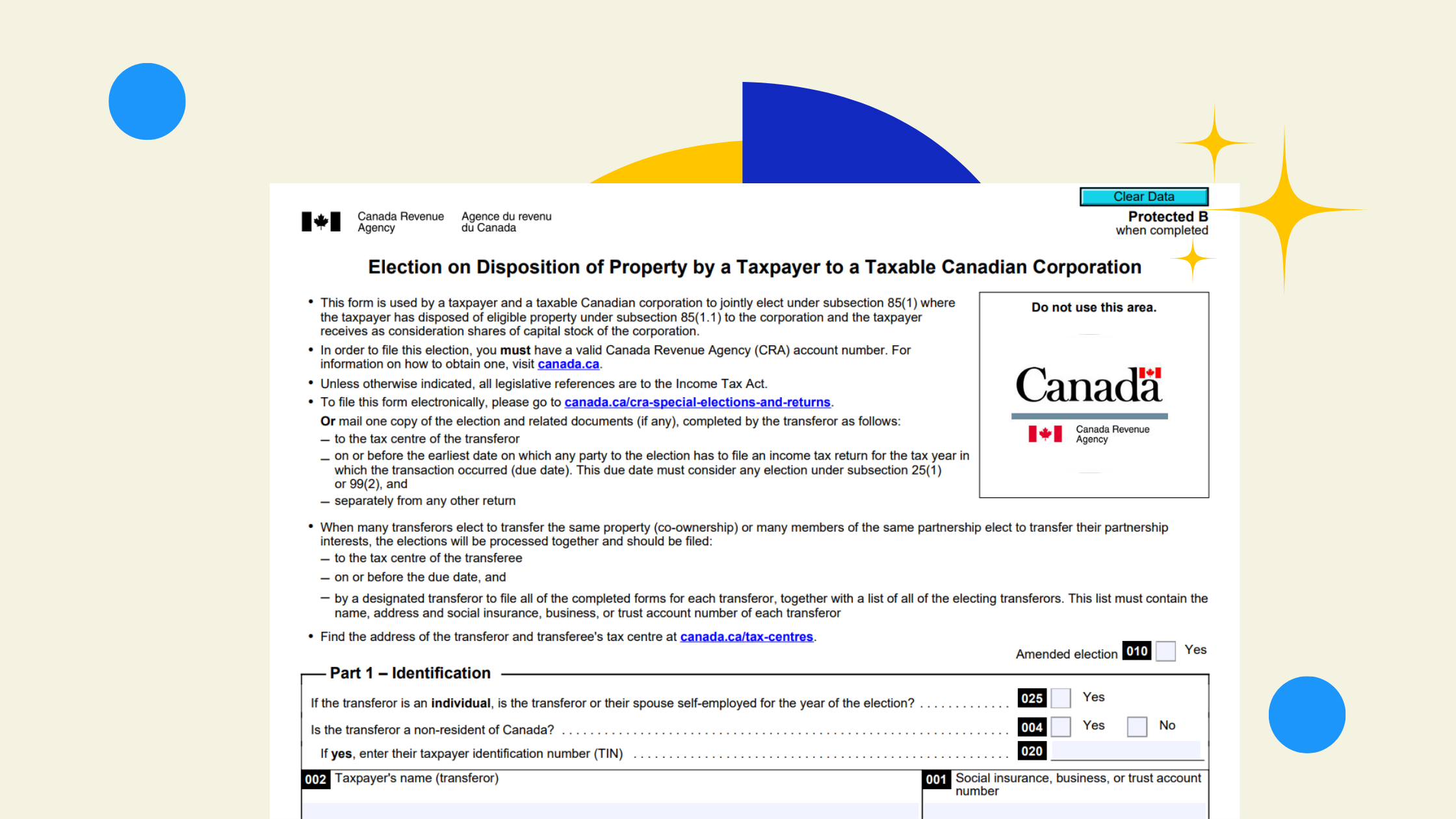If your business is growing—or you’ve got more than one company under your belt—it might be time to think beyond your operating company.
Enter the holding company: a legal entity that doesn’t run a business itself but owns other businesses, shares, or assets.
It’s not just for big corporations. More and more Canadian entrepreneurs are setting up holding companies to:
- ✅ Protect profits
- ✅ De-risk operations
- ✅ Simplify ownership
- ✅ Reduce taxes (legally, of course)
So... is a holding company right for you?
Let’s break it down.
What Is a Holding Company?
A holding company (holdco) is a corporation that owns shares in another company, typically your operating company (opco). It doesn’t sell products, hire staff, or provide services. Instead, it holds assets like:
- Shares in your active business
- Real estate or market investments
- Intellectual property
- Excess cash or retained earnings
Think of it as a financial vault. It gives you more control, protection, and flexibility over how you use your business’s profits and assets.
Why Business Owners Use Holding Companies
1. Protect Your Profits
Right now, if your operating company earns $200K in profit, you’ll pay about 12.2% corporate tax (depending on your province).
But once you pull that money out personally? You’re taxed at your marginal rate—often 40 %+.
With a holdco, you can:
- Leave retained earnings in your opco
- Transfer a tax-free intercorporate dividend to your holdco
- Save or invest that cash inside the holdco
This helps defer personal tax, grow your money faster, and build long-term wealth inside a low-tax environment.
2. Shield Business Assets from Risk
If your operating company is exposed to lawsuits or creditors, a holding company adds a layer of legal protection.
Here’s how:
- Your opco earns a profit
- You move those profits to the holdco
- If the opco is ever sued, your wealth is protected in the holdco
You’re separating high-risk business activities from valuable assets—just like large corporations do.
3. Invest Tax-Efficiently
Your holding company can invest in:
- Real estate
- Stocks and ETFs
- Other private companies
All while deferring personal tax. Instead of withdrawing profits, you build an investment portfolio inside the corporation, letting your wealth grow with fewer tax hits.
4. Plan for the Future
Holdcos also make succession planning, business sales, and income splitting easier. For example:
- Retain valuable assets (e.g., property) in the holdco when selling your opco
- Pass shares to family members through an estate freeze
- Split income legally with a spouse or child over 18
Bonus: In many cases, a holdco can help you qualify for the $1M+ Lifetime Capital Gains Exemption (LCGE) when selling company shares — saving potentially hundreds of thousands in tax. Learn more about the LCGE from CRA

When Should You Open a Holding Company?
You might be ready if:
- You own multiple businesses
- You’re consistently leaving money in the company
- You want to invest profits or reduce personal tax
- You’re planning for a sale, exit, or succession
A holdco can also centralize control and services across several business units—especially helpful for entrepreneurs with multiple revenue streams.

When Not to Open A Holding Company
While powerful, holding companies aren’t for everyone. Here’s where it might not make sense:
- If you're not holding a lot of cash in your business, if your business is still building traction, the cost and complexity might outweigh the benefits.
- If the benefits don't outweigh the additional cost, you’ll need a second corporate tax return, bookkeeping, legal documents, and annual filings. Legal, tax, and incorporation costs can add up quickly.
- If you want to keep qualifying for the small business deduction, if your holdco earns more than $500K in passive income, your opco may lose access to the small business deduction.
If you’re unsure, speak with a tax advisor to see if the long-term gains are worth the setup and maintenance.
Bottom Line
Holding companies aren’t just for Bay Street. They’re for any business owner thinking long-term: asset protection, tax deferral, smart investing, and strategic exits.
Whether you're running a construction company, a SaaS startup, or a family-owned bakery—if you’re building something valuable, a holding company could be your next smart move.
Need guidance?
At Mesa CPA, we help Canadian business owners set up the right corporate structure for long-term success. Whether you need help with incorporation, group
.png)


.png)

